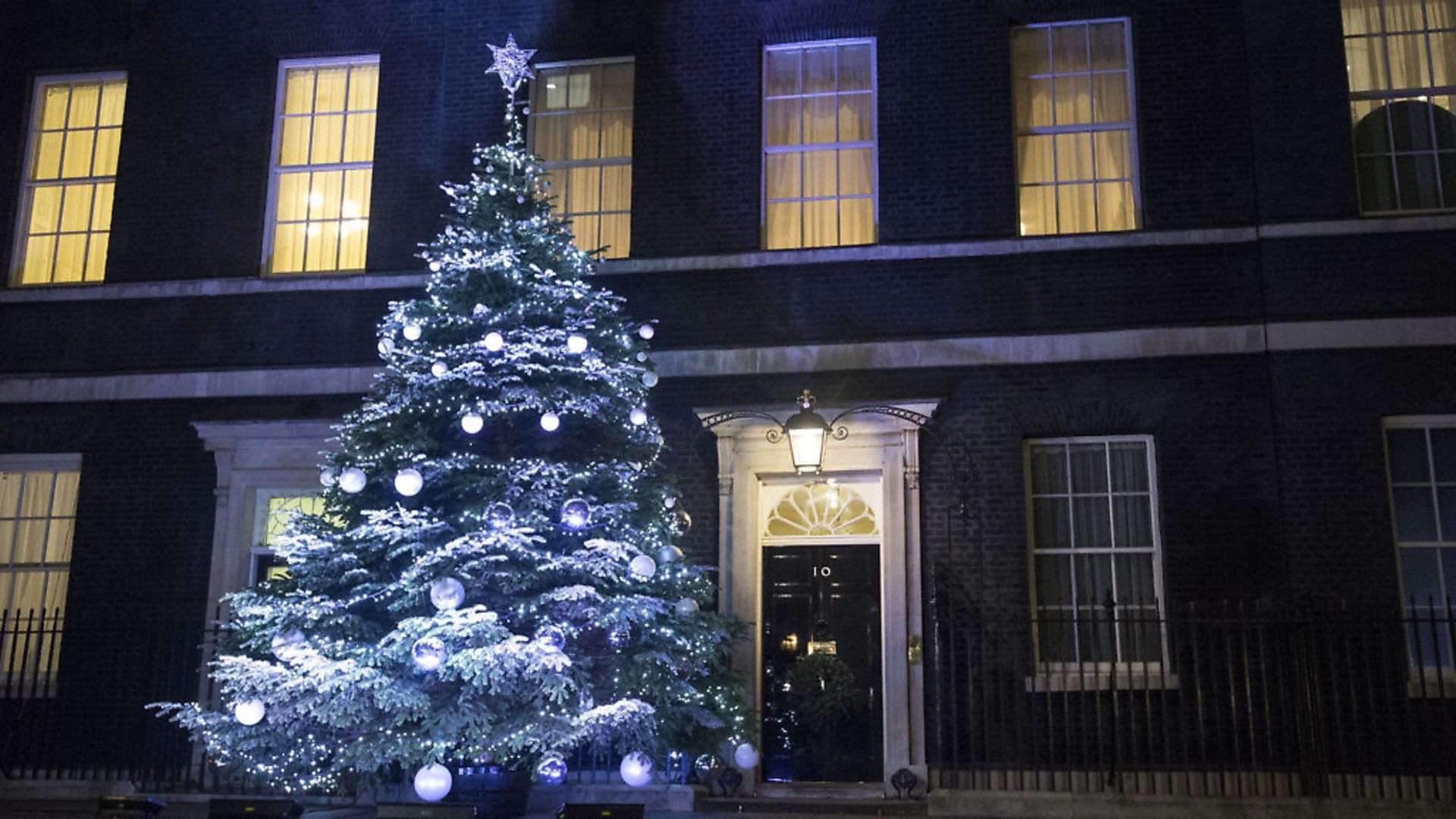The latest average earnings figures – up by 7.3% in the three months through October – look good if you are one of those workers who has seen prices rising at a much faster rate than salaries and is now finally getting a bit extra. If you’re a member of this struggling government, you can take a little cheer too from the fact that wage rises are slowing down slightly – the expectation was that growth this time would be 7.4%, and last time it was 7.7%.
But for the Bank of England, 7.3% is nothing to celebrate. It is tasked with bringing inflation down to 2%, so this is a really worrying statistic.
The Bank knows inflation is falling but that it still has a long way to go to hit its 2% target. What it really fears is that inflation will become hard-wired into the economy. That people can and will demand pay rises to keep ahead of price rises, that this leads to higher prices as employers pass on those higher wage costs and so a vicious circle continues.
The obvious answer – and it is obvious because it is the only tool that the Bank of England possesses – is to keep interest rates higher for longer. This will depress economic activity for longer, creating more unemployment or at least making people scared that they will lose their jobs. And people who are scared that they may lose their jobs do not ask for inflation-busting pay rises.
But the downsides od this course of action are painful. Holding high interest rates for longer increases the cost of borrowing for the government, and that is very expensive. But perhaps even more damaging is that higher interest rates work by depressing economic activity.
The Office for Budget Responsibility is already predicting that after pathetic growth this year of 0.6%, GDP will increase by just 0.7% in 2024 and 1.4% in 2025. The longer and harder the Bank of England applies the brakes, the worse those figures will get.
Since the government is also affected by inflation because it makes its spending plans more expensive, we can expect an even harder clampdown on numerous government departments, which will effectively be sucking up decreases in real-terms spending. Jeremy Hunt has already made it clear that what few tax cuts he can push through are to be paid for by lowering spending. Every penny that the taxpayer saves is paid for by worse prisons, fewer police officers, a smaller defence budget and crumbling schools.
After 13 years of Tory Party austerity the idea that there are any savings to be made is laughable. The government has been cutting into meat for years now and the state is collapsing around us. But there is far more pain to come. Higher inflation just means more pain for longer.
So, the UK is saddled with the worst of all worlds. It has higher inflation than most of its rivals and therefore higher interest rates for longer than most of its rivals, it has at least another two years ahead of pathetically weak growth, with very few signs that it will take off anytime soon and which may well get even worse as interest rates stay high. It also has a government that is determined to slash spending again and again, rather than admit that society is at increasing risk of imploding.
But don’t worry it can at least find the money to send to Rwanda. There is always enough money for Rwanda.
Read more from Jonty Bloom on Substack at Jonty’s Jottings











